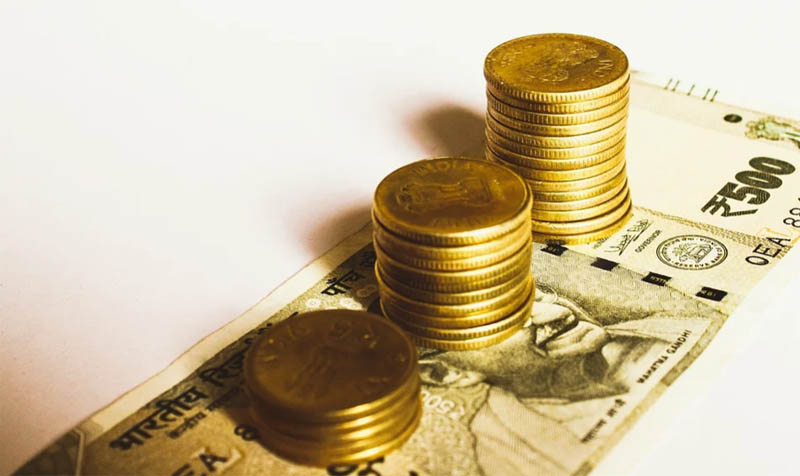 Indian Economy
Indian Economy India will remain second-fastest growing economy; expected to grow at 8.3%
The World Bank has forecast that the Indian economy would grow by 8.3 per cent during the current fiscal year, an increase of nearly 3 per cent from its January projection, but lower than the April estimate by almost 2 per cent.
The Bank's Global Economic Prospects Report released on Tuesday said that India would be the second fastest-growing major economy, behind only China which is forecast to grow by 8.5 per cent.
The report said that India's growth forecast is “supported by plans for higher spending on infrastructure, rural development, and health, and a stronger-than-expected recovery in services.”
But it added, “Better growth prospects since January, however, masks significant damage to economic activity from COVID19.”
Economic growth is expected to slow to 7.5 per cent during the next fiscal year as “the economy is expected to follow the same, yet less pronounced, collapse and recovery seen during the first wave,” it said.
In January, the Bank had forecast a growth of India's gross domestic product GDP) by 5.4 per cent which is 2.9 per cent less than the latest expectation and in April by 10.1 per cent, which was higher by 1.8 per cent.
The report also moderated the shrinkage in India's economy to 7.3 per cent in the last fiscal year, less than the 9.6 per cent projected in January.
The report said that reflecting the “rebounds in some major economies,” the global growth in 2021at 5.6 per cent “is expected to reach its strongest post-recession pace in 80 years.”
The Bank projected the global growth to slowdown to 4.3 next year and to 3.1in 2023 as the effect of the rebound from the shrinkage of 3.5 per cent in 2020 wears off.
Overall for South Asia, the Bank said, “Growth is projected to rebound to a stronger-than-expected 6.8 per cent in 2021, partly reflecting momentum from the end of last year.”
India accounts for most of the upgrade for the region “as strong services sector activity more than offsets the economic effects of the worsening pandemic,” it said, adding, “The outlook is underpinned by a rebound in private consumption.”
Pakistan's economy is expected to grow by only 2 per cent this fiscal year, Bangladesh's by 5.1 per cent Bhutan by 5 per cent and Nepal by 3.9 per cent, according to the Bank.
The forecasts on a calendar year basis for 2021 is 1 per cent for Afghanistan, 17.1 per cent for the Maldives and 3.4 per cent for Sri Lanka.
The bank, however, warned, “With the recovery in early stages and the pandemic continuing to spread, the outlook is highly uncertain.”
“Downside risks stem from high government debt, upward pressure on food prices, financial sector challenges, and the uncertain trajectory of COVID-19 and vaccination,” it added.
Reflecting a particular risk for India, the Bank said, “Domestic financial sector stress remains a significant downside risk in the region, as nonperforming loans were high prior to the pandemic in the region’s largest economies.”
The Bank's projection for India is higher than the 7.5 per cent forecast for this calendar year made by the UN's mid-year World Economic Situation and Prospects report issued last month.
But it is also significantly lower than the International Monetary Fund's projection of a 12.5 per cent growth rate for the current fiscal year that was made in April before the second wave of the COVID-19 pandemic brutalised India.
(By South Asia Monitor/IBNS)
Support Our Journalism
We cannot do without you.. your contribution supports unbiased journalism
IBNS is not driven by any ism- not wokeism, not racism, not skewed secularism, not hyper right-wing or left liberal ideals, nor by any hardline religious beliefs or hyper nationalism. We want to serve you good old objective news, as they are. We do not judge or preach. We let people decide for themselves. We only try to present factual and well-sourced news.







